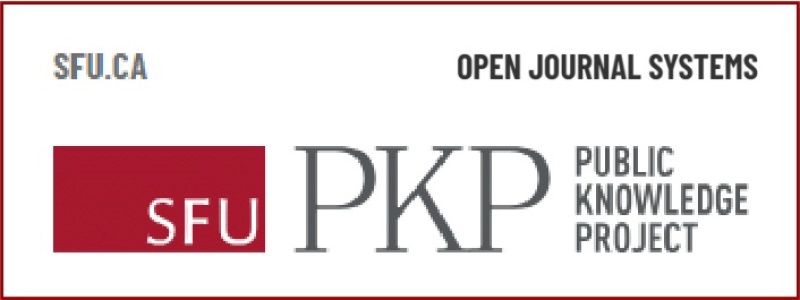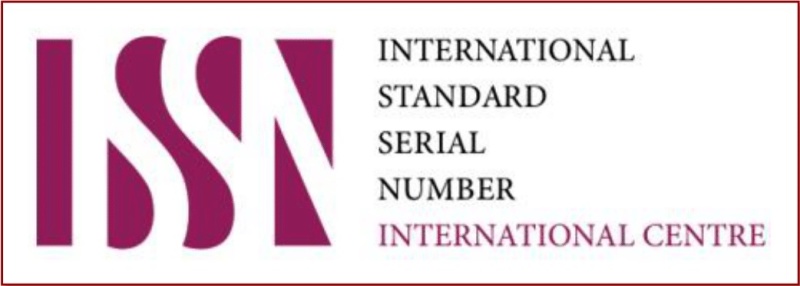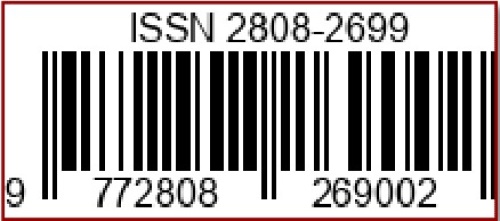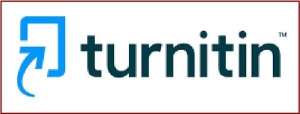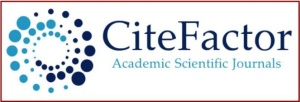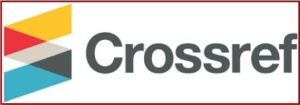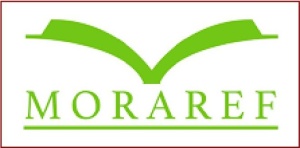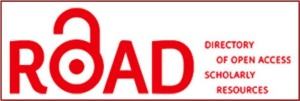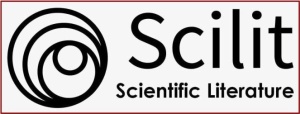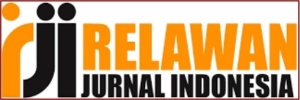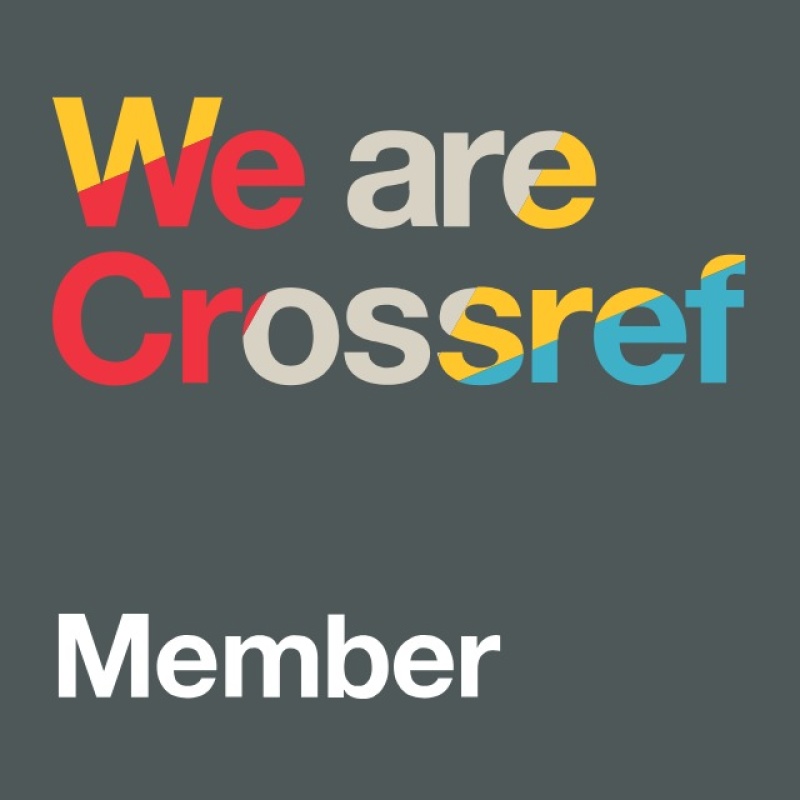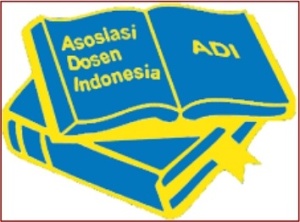Pengaruh Model Pembelajaran Rangking One Chemistry Quiz terhadap Motivasi dan Hasil Belajar Kognitif Siswa
DOI:
https://doi.org/10.36312/ejiip.v2i1.53Keywords:
Ranking One Chemistry Quiz, Motivation, Cognitive Learning Outcomes.Abstract
The success of a teacher in the learning process does not depend on mastery of the material, but the teacher must be able to master the model or learning method used in the delivery of the material being taught. One of the models in question is the One Chemistry Quiz Ranking Learning model. The purpose of this study was to determine the effect of the Rank One Chemistry Quiz learning model on motivation and cognitive learning outcomes of seventh grade students of SMP Arinda Palembang 2019/2020. This type of research is experimental research, the research sample consists of two classes. The data collection technique was purposive sampling, class VII A as the experimental class and class VII B as the control class. The average value of cognitive learning outcomes in the experimental class was 74.56 and the control class was 68.70. Analysis of students' cognitive learning outcomes showed that the value of tcount > ttable was 1.93>1.61 at a significant level of 5%. In the experimental class, on average, students got the minimum criteria for completeness, while in the control class some students got the minimum criteria for completeness. The average learning motivation in the experimental class is 86.8% in the highly motivated category, while in the control class it is 70.86% in the motivated category. Thus, the Rank One Chemistry Quiz learning model can increase motivation and affect cognitive learning outcomes for seventh grade students of SMP Arinda Palembang in the 2019/2020 school year.
Downloads
References
Azizah, H. N. (2014). Penerapan Model Problem Based Learning untuk Meningkatkan Pemahaman Matematis dalam Menyelesaikan Masalah pada Bilangan Pecahan. Skripsi. Universitas Pendidikan Indonesia.
Arikunto, S. (2010). Prosedur Penelitian Suatu Pendekatan Praktik. Jakarta: PT. Rineka Cipta.
______. (2012). Prosedur Penelitian Suatu Pendekatan Praktik. Jakarta: Galia Indonesia.
Annisa. (2021). Pengaruh Teknik Evaluasi Pre Test dan Post Test terhadap Pencapaian Aspek Kognitif Pembelajaran Sejarah Siswa Kelas XI Sosial. Skripsi. Universitas Lambung Mangkurat.
Arum, N. K. A., & Lutfi, A. (2012). Memotivasi Siswa Belajar Materi Asam Basa melalui Media Permainan Ranking One Cemistry Quiz. UNESA Jurnal of Chemical Education, 1(1), 174-179. https://doi.org/10.26740/ujced.v1n1.p%25p
Khaeruman., & Nurhidayati, S. (2017). Trik-trik dalam Mengajar. Jurnal Ilmiah Mandala Education, 1(1), 1-10.
Krismareta, D. (2019). Peningkatan Motivasi dan Keaktifan Belajar pada Siswa Kelas IV A SD Negeri Caturtunggal 4 melalui Penerapan Model Pembelajaran Berbasis Penemuan (Discovery). Skripsi. Universitas Sanata Dharma.
Pane, A., & Dasopang, M. D. (2017). Belajar dan Pembelajaran. FITRAH : Jurnal Kajian Ilmu-ilmu Keislaman, 3(2), 1-20. https://doi.org/10.24952/fitrah.v3i2.945
Sugiyono. (2007). Statistika untuk Penelitian. Bandung: CV. Alfabeta.
______. (2013). Metode Penelitian Pendekatan Kuantitatif, Kualitatif, dan R&D. Bandung: CV. Alfabeta.

Downloads
Published
How to Cite
Issue
Section
License
Copyright (c) 2022 Erma Suryani, Abdul Hadiyanto, & Sri Ita Rahmaniah

This work is licensed under a Creative Commons Attribution-ShareAlike 4.0 International License.
-
Attribution — You must give appropriate credit, provide a link to the license, and indicate if changes were made. You may do so in any reasonable manner, but not in any way that suggests the licensor endorses you or your use.
-
ShareAlike — If you remix, transform, or build upon the material, you must distribute your contributions under the same license as the original.

